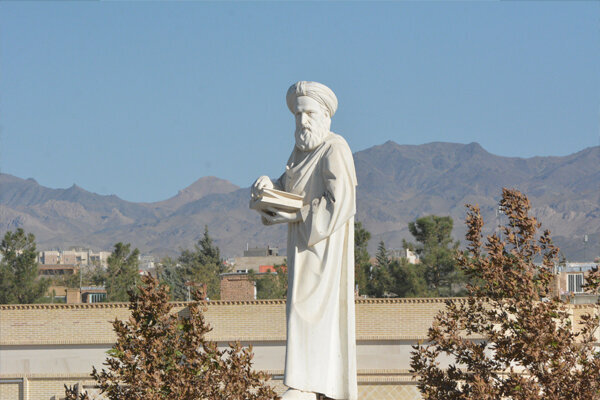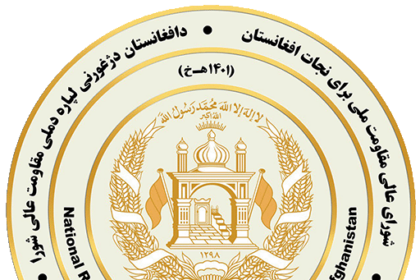By: Mohammad Amin Farhangpur
Abu’l-Fadl Muhammad ibn Husayn Beyhaqi (AH 385–470 / AD 995–1077) stands as a monumental figure in Persian literature and historical scholarship, often regarded as the “Father of Persian Prose.” Born in the region of Beyhaq (modern-day Sabzevar, Herat), Beyhaqi traversed cities such as Ghazni, Balkh, Kandahar, and Helmand during his lifetime. His magnum opus, “Tarikh-e Beyhaqi” (Beyhaqi’s History), remains a cornerstone of Persian prose and an invaluable source on the Ghaznavid period.
Dr. Jafar Yahaqi, a member of the Academy of Persian Language and Literature in Iran, emphasizes the expansive cultural influence of Beyhaqi, whose intellectual reach covered Greater Khorasan and the Persian-speaking world. His legacy extends beyond national boundaries, celebrated in Iran, Afghanistan, Tajikistan, and even India. Beyhaqi’s “Tarikh” is not just a historical chronicle but a transnational literary treasure that has the potential to fortify regional relations.
Dr. Ali Akbar Fayyaz, who critically edited “Tarikh-e Beyhaqi” and served as a professor of Persian literature at Ferdowsi University, considers Beyhaqi’s work a pinnacle of Persian prose and exemplary historiography. From a literary perspective, its eloquent style, syntactical brilliance, and captivating narrative make it one of the finest examples of Persian literature. Beyhaqi’s mastery of both Persian and Arabic is evident in the text, affirming his status as an erudite and skilled scribe. Beyhaqi’s historiographical method is distinctive, placing him among the most precise and engaging chroniclers of Greater Khorasan’s history. His book is recognized for its unwavering fidelity to accuracy, making it one of the most reliable historical sources in Persian.
Beyhaqi himself praised the worthiness of his work for close reading, remarking, “There is no word that is not worth reading, for every tale contains a useful point.” He further noted, “I shall not speak words that will make readers say: Shame on this old man!” Serving as the chief secretary and head of the Ghaznavid chancery, Beyhaqi was intricately involved in the workings of the state, gaining unparalleled insight into the political landscape of the Ghaznavid dynasty. His extensive knowledge of history, coupled with his hands-on experience in governance, shaped his critical yet nuanced view of leadership and politics. He defined governance as the ruler’s ability to wield “reason” and “strategy” in managing both domestic and foreign affairs. For Beyhaqi, military strength was merely a tool of governance, with wisdom and reason being the true instruments of statecraft.
While maintaining a tone of caution, Beyhaqi was not afraid to critique the rulers of his time. He subtly condemned their autocratic tendencies, attributing the political and military decline to their lack of foresight and justice. In his view, a legitimate ruler must be endowed with wisdom, courage, and fairness. He lauded the company of wise men and argued that monarchs, due to the immense responsibility they bear, need the counsel of the wise more than anyone. Beyhaqi regarded justice as the ultimate aim of governance, believing that only a just ruler was worthy of allegiance. He justified rebellion against tyrannical rulers who seized power by force. Additionally, he saw the insatiable pursuit of wealth by rulers as a significant flaw, further diminishing their legitimacy.
In celebrating the legacy of this great historian and literary figure, we honor his profound contributions to Persian prose and historical scholarship. May his soul rest in peace, and may the memory of Abu’l-Fadl Beyhaqi, the esteemed historian of the Persian-speaking world, continue to be revered eternally.






